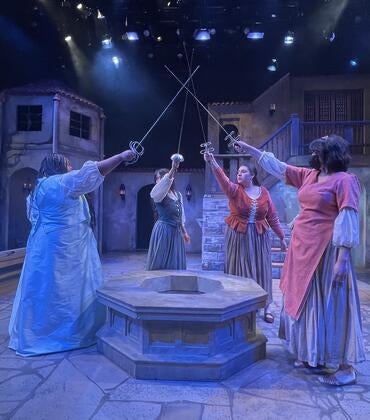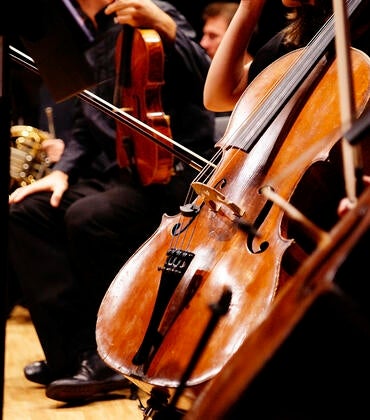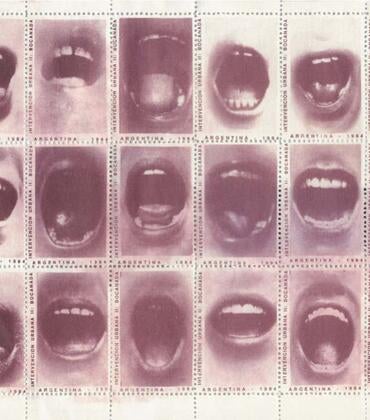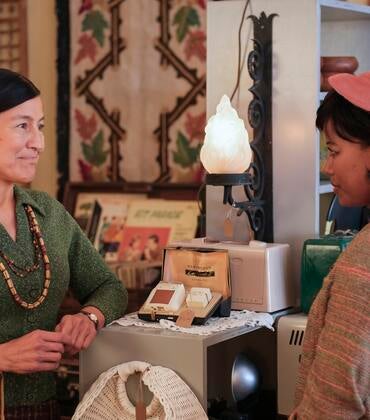Capturing a community’s history, narrated through songs composed and interpreted by local musicians, has been at the heart of Xóchitl C. Chávez’s career.
Chávez, an assistant professor of ethnomusicology with UC Riverside’s Department of Music, is working as a co-principal investigator on a project titled “Soundscapes of the People: A Musical Ethnography of Pueblo, Colorado.” This research was recently recognized by the National Endowment for the Humanities with a nearly $130,000 Archaeological and Ethnographic Field Research grant. The project director and principal investigator is Susan Thomas, professor of musicology and director of the American Music Research Center at the University of Colorado, Boulder, or CU Boulder; the third co-PI is Austin C. Okigbo, an associate professor in the College of Music, also from CU Boulder.
The team is looking at ethnic and racial communities in Pueblo, Colorado, capturing stories and songs, many that date to the 1880s. To register this community’s history, the team has been conducting interviews for a couple years, visiting Pueblo’s residents, and meeting with the town’s librarian, historian, and other community stakeholders.
For Chávez, this is familiar ground. She is a CU Boulder alumna who was born and raised on Pueblo’s eastside. As a teenager, she became one of the youngest bilingual radio personalities on the weekends at KRMX AM690. This radio station was established in the 1930s and among the first Spanish language radio stations to serve as a recording and broadcasting hub for regional Spanish language music in the southern Colorado area.
“When Dr. Susan Thomas asked me if I would be interested in collaborating with her and Dr. Okigbo, I was humbled by the invitation and thought to myself, ‘Wow, I know Pueblo embodies this ideal of the American story,’” Chávez said. “I feel honored to contribute to this research not only as a trained ethnographer in cultural anthropology and ethnomusicology, but as someone from the community — I get to speak about my home, mi tierra natal.”
Her love for music began growing since she was a kid, infused by listening to her father’s Mexican ranchera music and from participating in concert and marching band programs. Chávez’s mother is from San Luis Valley of Colorado and her father, from the Mexican state of Chihuahua, who settled in Pueblo in the late 1960s.
Pueblo is about 110 miles south of Denver; according to the U.S. Census, nearly 50% of its residents are Hispanics/Latino. A city Whose bisecting Arkansas River marked the Mexican border until 1848, Pueblo became the site of rapid growth in the late 19th century when the Colorado Fuel & Iron steel and coal company drew tens of thousands of workers from around the world, as well as regional migrants. The town has struggled to sustain itself since the steel market crash of 1982. In recent years Pueblo has become a site for renewable energy.
“I was fortunate to grow up among various cultures that were either of native peoples from the region or descendants from the waves of migration that passed through during the gold rush or the Dust Bowl era and settled to work the coal mines,” Chávez said. “During specific times of the year, you could hear ethnic music at church festivals, local music venues, and street parades.”
Working on this project, even through the COVID-19 pandemic, has allowed the three researchers to establish meaningful relationships with residents, including Charlene Garcia Simms, Hispanic resource librarian with the Pueblo County Library. Garcia Simms provided access for the researchers to gather information from her private collection of the Colorado State Fair Fiesta Day magazines, which she and her husband published and printed for over 20 years. Garcia Simms also pulled rare concert posters that listed music bands in Pueblo in the early 2000s.
“Soundscapes of the People: A Musical Ethnography of Pueblo, Colorado” will be housed at UC Boulder and Colorado State University, Pueblo. According to the three researchers, it has been at least 80 years since the last academic study of the city was conducted.
In addition to working on the Pueblo project, Chávez has devoted over 15 years researching the reproductions of Guelaguetza festivals and second-generation Zapotec brass bands in California, as well as their transborder relationships with their communities of origin in Oaxaca, Mexico. In 2018 she organized the inaugural Oaxacan Philharmonic Bands Audition at UCR.
Her work with Oaxacan female musicians resulted in a peer-reviewed article in the Americas: A Hemispheric Music Journal in 2021, as well as in the first bilingual book chapter in the forthcoming book “Decolonizing Pedagogies entre el Sur y el Norte: Healing, Resistance and Social Change through Music” (June 2022).
Chávez's forthcoming book, “The Guelaguetza: Performative Crossroads, Ethnicity, and Greater Oaxaca,” (Oxford University Press) documents the lived and performative movements of how Oaxacan communities in Los Angeles and Santa Cruz celebrate La Guelaguetza festival, one of the largest Indigenous gatherings in the Americas and one of the great cultural significant dance and musical festivals for Oaxacans.



